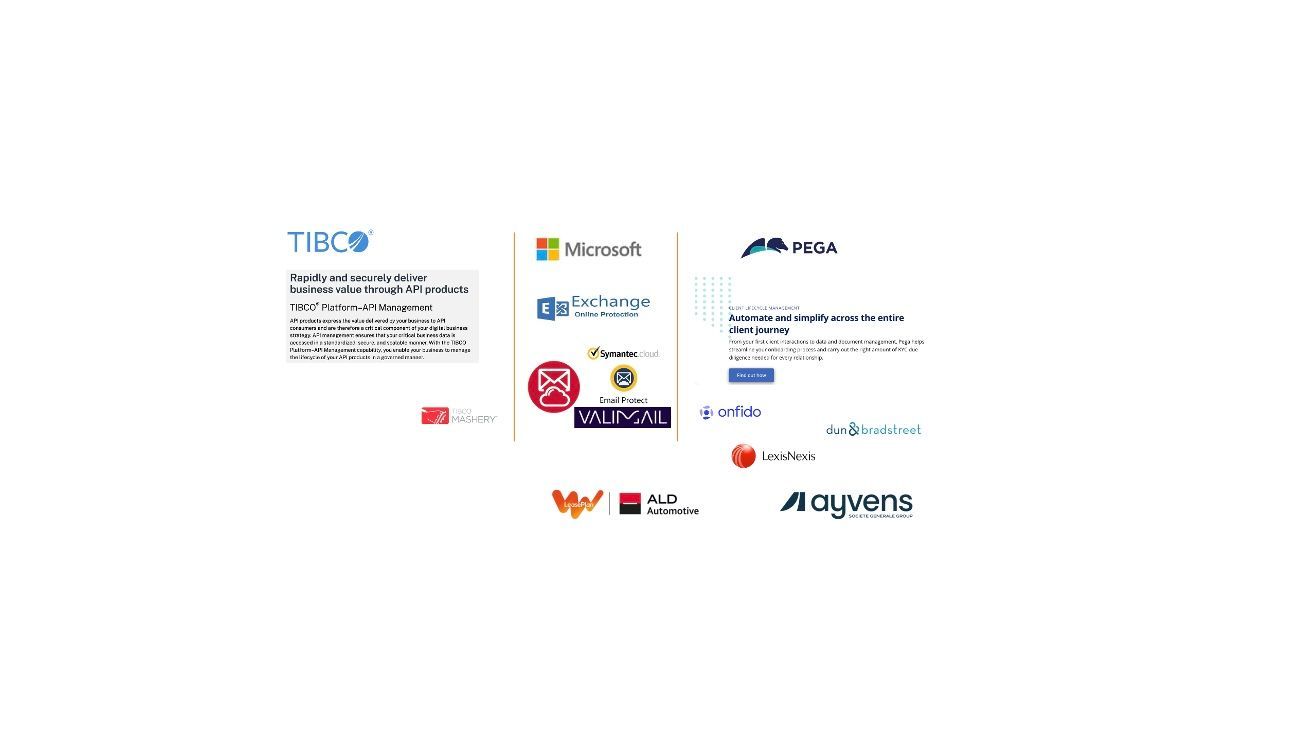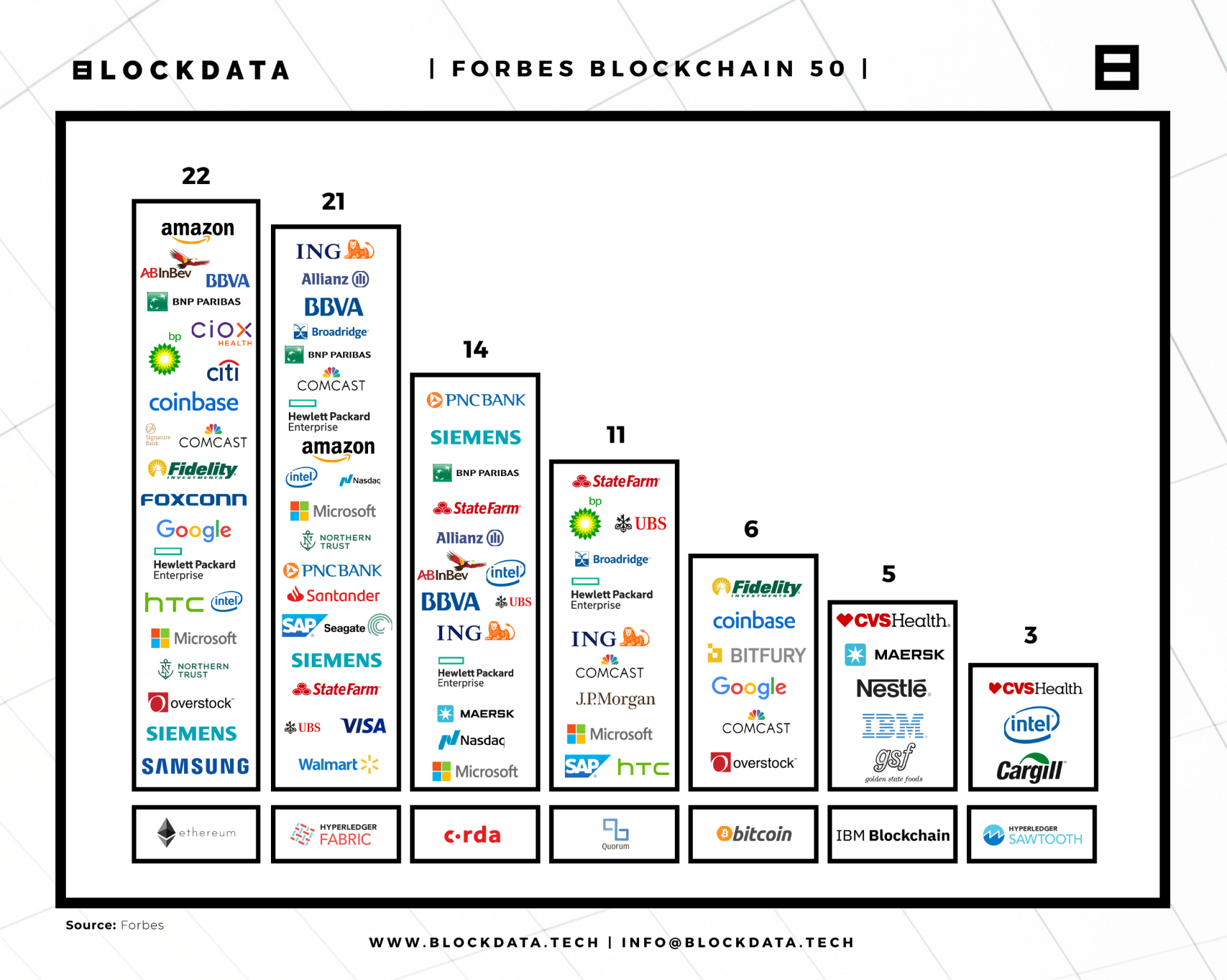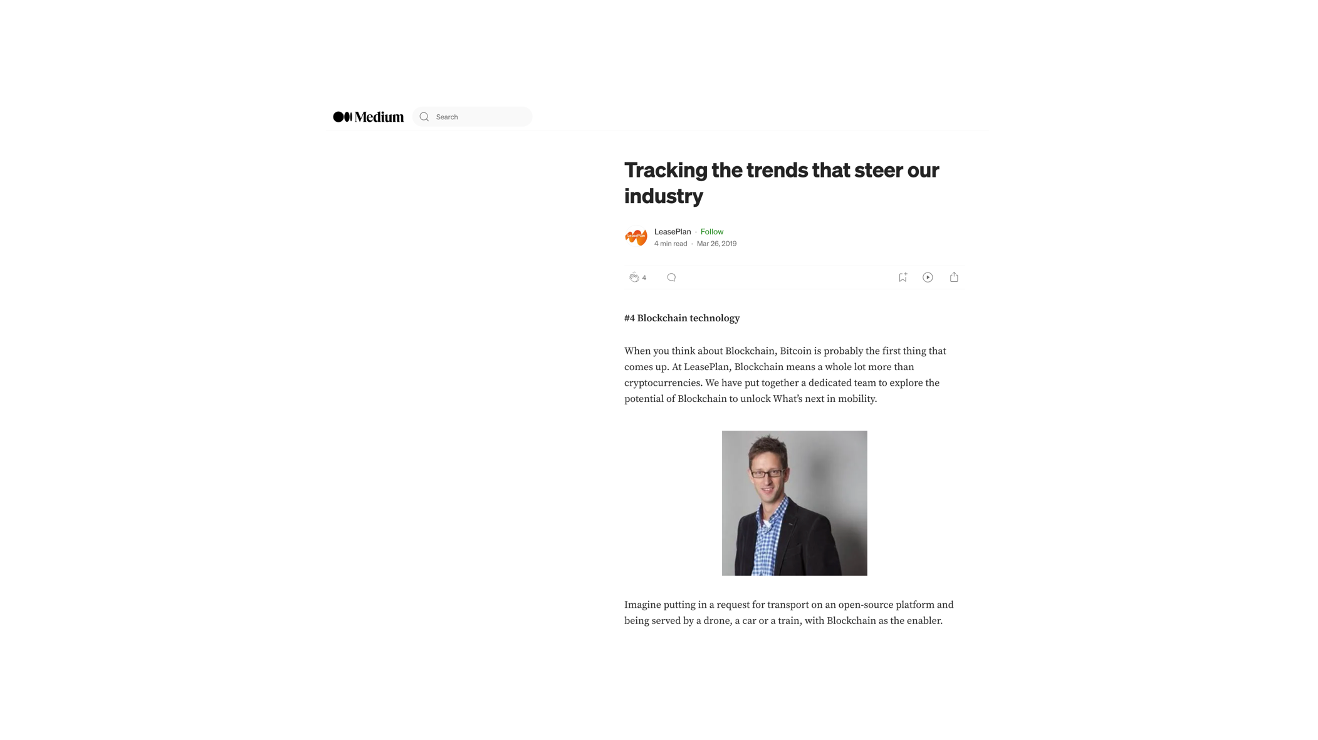Pig butchering a growing online romance scam explained

What is pig butchering?
I have been around in the world of information security for some while, but I just recently heard of the term pig butchering. A term that brings bloody images to my mind. As I was wondering what this is about, I decided to spend some time researching the topic.
The "pig butchering scam" is a term used to describe a fraudulent scheme where victims are fooled via social engineering. Pig butchering can be seen as a confidence trick and/or investment fraud. As you can perhaps guess the term pig used here refers to the victim being fattened until the cybercriminal thinks it is time to slaughter the pig.
In some cases, the term may be used to describe a situation where someone is promised a share of profits from an investment or business venture, only to later discover that the investment or venture is fraudulent and that they have lost their money.
A recent podcast by Darknet Diaries – see the link below – clearly describes a case where a victim falls into a scam being contacted via a dating app. The victim is made greedy with a story as how easy it is to make money with an investment into crypto, then persuaded to invest himself and there the trouble starts.
Another article by Sophos refers to victims being fooled to get involved to invest into crypto liquidity pools where eventually their money is stolen when the malicious actor runs away with all the money invested into the mining pool.
Pig butchering refers to a sophisticated form of social engineering where the trust of the victim is gained to invest money mostly into crypto related investments. Leaked databases or phone numbers being bought via underground marketplaces are most likely the source of how the criminals approach their victims. This article by Trendmicro explains how these scammers work step by step.
Overall, the "pig butchering scam" is just one of many types of scams and fraudulent schemes that people should be aware of and cautious about when dealing with financial transactions or investment opportunities.
In a recent published study by the FBI it is reported the financial damage could be over $650k. As you can be seen that the amount of money involved with confidence or romance fraud is immense.
Time magazine recently published a study stating an amount of $75 billion stolen from victims around the world. In this same article Chainalysis Inc., a blockchain analysis firm, also said the study’s totals might be a bit inflated. Nevertheless the impact is huge.
It is not surprising there is crypto involved. The victims are lured with quick and easy profits through crypto investments. Chainalysis publishes yearly how much money can be attributed to malicious activity in their crypto crime report. The recent published 2024 Crypto Crime Report is shows the amount of money allocated to ‘romance scams’ as they refer to pig butchering in the Chainalysis report is growing.
In their article Chainalysis also brings it into context of human trafficking and organized crime in the country of Myanmar, which seems to be a hotspot for this type of scam. This is also strengthened by research by Deutche Welle (DW) that that shows the details of Asia's most brutal scam compounds located in Myanmar, thousands of people are forced into criminality and to scam people all over the world. The UN estimates that more than 100,000 people are being forced to work in scam centers in Myanmar. Reading this article by DW is really a fascinating insight into the world of organized crime around scams.
Who is most at risk and how to protect yourself and friends?
Knowing this remains the question who is more prone to a scam as pig butchering. Certain factors may make individuals more susceptible to scams. These factors include:
- Lack of Awareness: Individuals who are not well-informed about common scams and fraudulent schemes may be more vulnerable to falling victim to them.
- Isolation: People who are socially isolated or lack a strong support network may be more susceptible to scams, as scammers often target individuals who are lonely or isolated.
- Financial Vulnerability: Individuals who are experiencing financial difficulties or are in desperate situations may be more likely to fall for scams promising quick and easy money or solutions to their problems.
- Trust: People who are inherently trusting or tend to believe others without question may be more prone to falling victim to scams.
- Age: Older adults, particularly those who may not be as familiar with technology or who may have cognitive impairments, are often targeted by scammers.
An easy to remember motto: When it's too good to be true, it most likely is …
Here are some essential tips, to protect yourself against scams involves several proactive steps and practices.
- Stay Informed: Educate yourself about common scams and the latest techniques used by scammers. Stay updated on news and warnings issued by consumer protection agencies and law enforcement authorities.
- Be Skeptical: Be cautious of unsolicited emails, phone calls, text messages, or social media messages, especially if they request personal or financial information or offer deals that seem too good to be true.
- Verify Identities: Always verify the identity of the person or organization contacting you before sharing any sensitive information or making financial transactions. Use official contact details obtained independently, rather than relying on information provided in unsolicited communications.
- Secure Personal Information: Avoid sharing personal or financial information online unless you trust the recipient and know the purpose of the request. Be cautious when entering sensitive information on websites or mobile apps and ensure that the website is secure (look for "https" and a padlock symbol in the address bar).
- Trust Your Instincts: If something feels off or too good to be true, trust your instincts and proceed with caution. Don't hesitate to seek advice or assistance from trusted friends, family members, or professionals if you're unsure about a situation or communication.
By staying vigilant, informed, and proactive, you can significantly reduce the risk of falling victim to scams and protect yourself against fraud and identity theft.
References:
- FBI 2023 report: https://www.ic3.gov/
- Chainalysis The 2024 Annual Crypto Crime Report: https://www.chainalysis.com/blog/2024-crypto-crime-report-introduction/
Articles:
- Sophos: https://news.sophos.com/en-us/2023/09/18/latest-evolution-of-pig-butchering-scam-lures-victim-into-fake-mining-scheme/
- Trendmicro: https://www.trendmicro.com/vinfo/es/security/news/cybercrime-and-digital-threats/unmasking-pig-butchering-scams-and-protecting-your-financial-future
- Time: https://time.com/6836703/pig-butchering-scam-victim-loss-money-study-crypto/
- Chainalysis: https://www.chainalysis.com/blog/pig-butchering-human-trafficking/
- Deutche Welle: https://www.dw.com/en/how-chinese-mafia-run-a-scam-factory-in-myanmar/a-68113480; https://www.dw.com/en/myanmar/t-65668540
- NOS [Dutch]: https://nos.nl/artikel/2511687-zorgen-over-nieuwe-datingfraude-pig-butchering-ik-voelde-me-zo-dom
Podcast:
- Darknet Diaries a popular podcast among those with a strong interest in cybercrime published a full episode dedicated to ‘pig butchering’, which can be found here:
https://darknetdiaries.com/episode/141/









